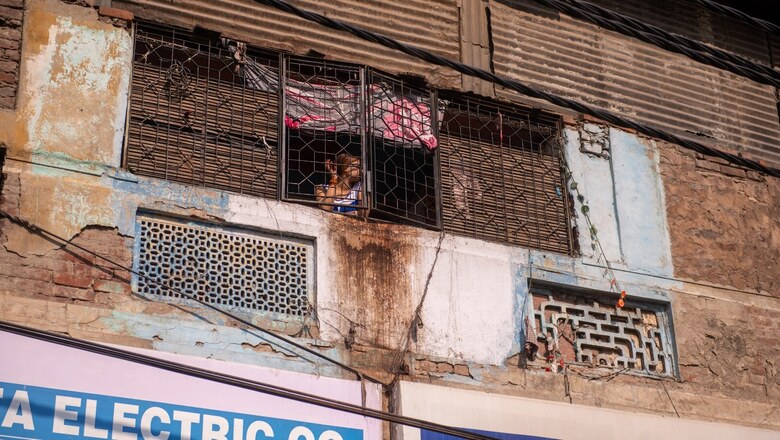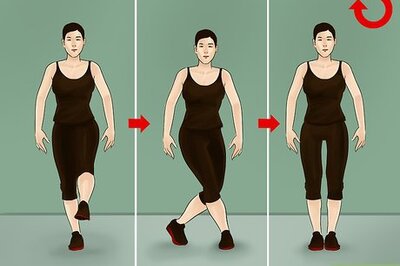
views
The Supreme Court’s recent order recognising sex work as a ‘profession’ is a big and progressive step towards reducing the vulnerability that sex workers face every day in India.
As per the pseudo moral code of our society, sex work is viewed as a sinful and degrading act by a woman. It is dehumanised as a profession with zero acceptance in mainstream society. Yet, it thrives in every city and village. But sex workers’ children are denied school admission; healthcare facilities are usually inaccessible. They live in constant fear of the existing system where the abuser remains unaccountable.
Based on my interviews with sex workers’ children as well as with NGOs that strive to work towards a more humane condition for the women, there is relief following this new order.
India has nearly 3 million sex workers, with an overwhelming majority in the 15-35 age group. The demand for minors increases year on year – and such demand is highest among older men. Mumbai and Kolkata have the country’s largest brothel-based sex industry, with over 100,000 sex workers in Mumbai alone.
***
As a woman, I admit that sex work is inherently abusive towards my gender. The women don’t even earn as much as the pimps and the brothel owners. Further, their health and safety are of no concern to the pimps who negotiate on their behalf.
But the truth remains, it is one of the oldest professions in the world.
The system, however, reeks of patriarchy. Policemen do not lodge complaints against sexual assault when approached by a sex worker. Some customers beat up the girls and the law is just not there to protect them. Often policemen on duty harass sex workers on the streets as well as in their allocated areas for business. They have to constantly bribe to continue to work and earn their living.
Also, sex trafficking is a huge menace. Little girls from poor families are trafficked into other countries and big cities within India for minuscule sums of money. In the Banchhada community in Madhya Pradesh, for instance, it is an accepted norm that girls as young as 7-10 are pimped by their fathers and brothers, and become the breadwinners for the family. They are sometimes sold for a measly sum of Rs 100 and are expected to service a minimum of 10 customers daily.
Jharkhand along with Odisha, West Bengal and Bihar are the major source states for human trafficking, while big cities like Delhi, Bengaluru and Mumbai are major destinations.
Many sex workers are women with little children, sick parents, abusive husbands or are widows. Quitting is never an option for them – at times, their children don’t accept them after they have grown up.
Sometimes, unexpected situations force them into prostitution. Post-Amphan cyclone, many women, with their houses uprooted and no money to run the family, left the Sundarbans and other coastal regions of West Bengal to become sex workers in bigger cities.
Similarly, the two long years of the pandemic saw a rise in number of sex workers migrating from villages to cities because of financial vulnerability and lack of food and shelter.
***
I hope the media, the social workers and the NGOs working in this sector amplify the court’s directive and share this knowledge with the sex workers, who will be better armed to deal with harassment.
As per the court’s order, the police cannot interfere or take criminal action against adult and consenting sex workers. In case of a raid on a brothel, sex workers should not be arrested, penalised or harassed because voluntary sex work is not illegal, running the brothel is.
The top court in the country acknowledging sex work as a profession is a step towards checking harassment against women by an exploitative system.
Mohua Chinappa is a writer, voice-over artist and author of Nautanki Saala and Other Stories. The views expressed in this article are those of the author and do not represent the stand of this publication.
Read all the Latest Opinions here


















Comments
0 comment